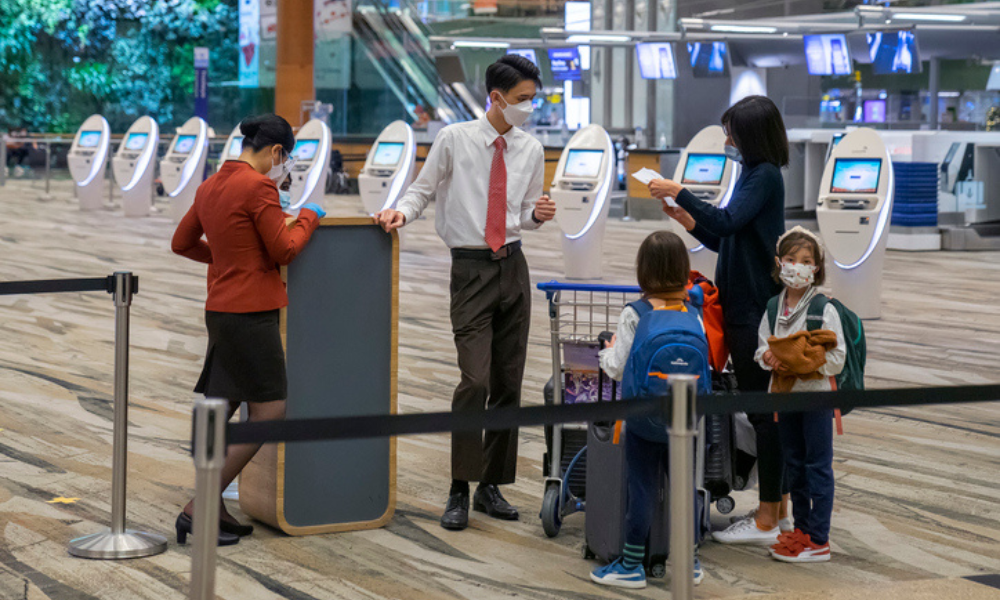
Singapore court clarifies meaning of 'employment' in convicted worker's appeal

The Singapore High Court recently dealt with a case involving a foreign worker's employment status and the interpretation of Singapore's Employment of Foreign Manpower Act. The decision addressed key questions about what constitutes employment under the law.
The worker appealed against her conviction for making a false statement to the Controller of Work Passes. She argued that her declaration of employment was not false, even though her work arrangements were unconventional.
The worker contended that the broad definition of 'employment' under the Act could encompass various forms of work, including ad hoc services provided without regular pay.
The case involved a foreign domestic worker who had worked in Singapore since 2014. In October 2017, her employer at the time told her that her services were no longer needed. The worker informed her boyfriend that she wanted to stay in Singapore, and he introduced her to another individual.
On December 22, 2017, the worker submitted an "Application for a Domestic Helper Declaration" form to the Controller of Work Passes. In this form, she stated that the individual her boyfriend had introduced her to was her employer and that her place of employment was his personal residence.
However, on October 15, 2018, the worker was arrested by officers from the Ministry of Manpower for working as a sales assistant without a valid work pass at a fashion store on Serangoon Road.
The worker was charged with making a false statement to the Controller of Work Passes. The prosecution argued that she had falsely declared she would be employed as a foreign domestic worker when she had no intention of being employed as such.
The court emphasised the importance of the specific charge, noting:
"[The worker] was not charged for the misleading omission of a material particular, that is, she was not charged with suppressing or hiding some matter which would have cast her statement or information she provided in a different light."
The prosecution tried to use the Employment of Foreign Manpower (Work Passes) Regulations to guide the interpretation of 'employment' under the Act. These regulations impose various restrictions and duties on employers and employees, such as requiring the worker to reside at the address stated in the work permit and the employer to pay a fixed monthly salary.
However, the court disagreed with this approach, stating:
"The Regulations cannot modify the definition of employment in s 2 of the Act. Subsidiary legislation such as the Regulations, which are published by ministries or agencies, cannot modify or delineate the definition used in primary legislation, enacted by Parliament, unless there is a specific empowering provision in the latter."
The court looked at the evidence presented, including statements from the worker and the person listed as her employer. The court noted:
"The Prosecution's evidence does not support a finding that there was no employment, as defined by Act, whatsoever. There was no such finding by the learned district judge. In fact, the Prosecution's case, both at trial and on appeal, was that [the worker] had cooked for [the employer] on an ad hoc basis."
The court's decision to allow the appeal and acquit the worker of the charge carries significant implications. As the court stated:
"Criminal prosecutions put those accused at risk of being imprisoned, fined or caned. Thus, the charge that an accused person faces must be clear, definite and founded properly on the provisions of the law, and a person should only be convicted if the evidence supports the charge."
The case also underscores the importance of understanding the broad definition of employment under Singapore law. The court said:
"The Act does not prescribe any type or characteristics of work; it does not specify the duration, or even the degree of supervision required. Further, the payment of salary is a wholly irrelevant consideration in determining whether there is 'employment' under the meaning of the Act."